Leonor Silveira
Birth : 1970-10-28, Lisbon, Portugal
History
Leonor da Silveira Moreno e Lemos Gomes is a Portuguese film actress who made her film debut in The Cannibals for director Manoel de Oliveira in 1988. She has appeared in most of Oliveira's films since then.

Dona Berta

A hotel by the northern shore of Portugal welcomes its guests over the weekend. A man is torn between being present for his wife and the space that his mother takes up between the two of them. A mother encourages her daughter’s marriage to enable her own love affair with her son-in-law. Another mother lives through her daughter, preventing her from making her own decisions. Three families at the end of their cycles of acceptance.

Elisa
In a family-run hotel, by the Portuguese northern shore, lives a group of women from different generations of the same family, whose relationships with each other have grown poisoned by bitterness. They try to survive in the declining hotel, as the unexpected arrival of a granddaughter to this oppressive space stirs trouble, reviving latent hatred and piled-up resentments.

In 1974, after years of civil war, the Portuguese and their descendants fled the colony of Angola where independentist groups gradually claimed their territory back. A tribal girl discovers love and death when her path crosses that of a young Portuguese soldier. Meanwhile, another group of Portuguese soldiers is barracked inside an infinite wall from which they will have to escape once the past comes out of the grave to claim its long-awaited justice.

Candide is a cold and seductive serial killer who, after kissing a girl who just jumped off a balcony, becomes a superstar under the world's microscope.

Dona Romilda
The story of the decline of the Soares family in the final months of the 19th century. Isabel is the dying mother, and her daughters are Maria and Ana. The three women try hard to forget about their pasts in the coffee farm and face the industrial times that start to take over Brazil.

Júlia
Alentejo, Portugal, 1950. In a desolate region, where the wind seems to speak, where misery and hunger reign over poorest, a desperate man takes his revenge on those who caused his ruin during the darkest night, unable to get honestly the bread needed to feed his family in the daylight.

Dona do Bordel
“An old photograph taken 36 years ago. His hand rests on my shoulder. A blessing, a gift. Then a history of over four decades of friendship, admiration and apprenticeship. A journey into Oliveira’s cinema, his method, his way of filming and his extraordinary cinematic inventions. He lived for over a century, over a century of cinema, cinema in its entirety. For him, and for me too now, documentary and fiction films go hand in hand; it is all about cinema. So I had the audacity to film a magnificent story that Manoel loved but never filmed, one that he left behind as if his hand and eyes were close to God, or among the gods, and he was steering me.” - João Botelho

Mãe
Rita is fifteen and spends the summer between warm afternoons of teenage love and party nights with her friend Sara. From Portugal to the South Pacific, the pleasures of this routine will take a turn when the young girl visits the art show of a new neighbor in the local community.

João still lives at home with his parents. With absolutely no idea what to do with his life, he leaves the city centre to hang out in the outskirts. The abandoned factory where he spends his days is the lingering echo of a better past. What lies ahead seems worse as João comes face to face with the failure of youth.

Sofia
Despite his age and general weariness, Gebo keeps on working as an accountant to provide for his family. He lives with his wife, Doroteia, and his daughter-in-law, Sofia, but it is the absence of João, son and husband, that worries them.Gebo seems to be hiding something, especially to Doroteia, who is anxiously waiting to see her son again. Sofia is also waiting for her husband to come home, and yet she fears him. All of a sudden, João arrives and everything changes.

Mãe
A photographer, Isaac is asked by hotel owners to take portraits of their recently deceased daughter Angélica. When he looks at her through the lens of his camera, she appears to come back to life just for him. He instantly falls in love with her. From that moment, he will be haunted by Angélica day and night.

Woman on Train
Macário spends an entire train journey to the Algarve talking to a woman he does not know about the trials and tribulations of his love life: straight after starting his first job as a book keeper at his Uncle Francisco's shop in Lisbon he falls madly in love with a young blonde, who lives across the road. No sooner does he meet her than he straightaway wants to marry her. His uncle, totally opposed to the match, fires him and kicks him out of the house. Macário departs for Cape Verde where he makes his fortune. When he finally wins his uncle’s approval to marry his beloved, he discovers the “singularity” of his fiancée’s character.

Narrator
A tribute documentary to Manoel de Oliveira, on occasion of his 100th birthday.

Mãe
A true story of a doctor and his wife who went on a journey in order to prove that discoverer Christopher Columbus was in fact Portuguese. Inspired by the book "Cristóvão Colon Era Português".

Thanks
38 years after the events in the Luis Buñuel classic Belle du jour, Henri Husson thinks he sees Séverine one night at a concert. He follows her and makes her face her past and then takes a slow revenge on her.
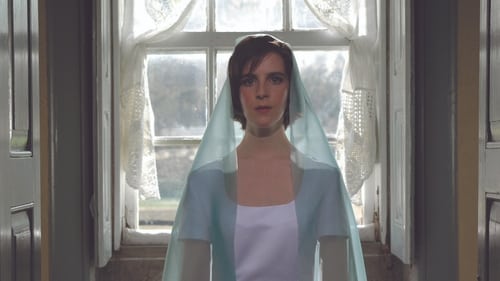
Alfreda
Luciano, fresh out of jail, was taken by his brother, Flórido, to serve in the home of wealthy Alfreda. He was surprised when she told him that her greatest desire was to see the Virgin Mary. Now comes this rich land owner with her sublime pretensions. Isn't it enough for her to have an Aston Martin and a Jaguar in the garage and ten different dresses per season? It was all professor Heschel's fault. Or someone else's. Anyway, to go beyond the promise is heresy. Alfreda said that she wouldn't rest until she saw the Virgin and made her some questions. Filipe Quinta, the Forger, says he has a solution. Meanwhile, Bahia, her husband, listens do music.
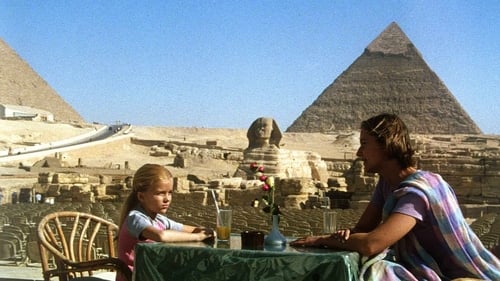
Rosa Maria
A meditation on civilization. July, 2001: friends wave as a cruise ship departs Lisbon for Mediterranean ports and the Indian Ocean. On board and on day trips in Marseilles, Pompeii, Athens, Istanbul, and Cairo, a professor tells her young daughter about myth, history, religion, and wars. Men approach her; she's cool, on her way to her husband in Bombay. After Cairo, for two evenings divided by a stop in Aden, the captain charms three successful, famous (and childless) women, who talk with wit and intellect, each understanding the others' native tongue, a European union. The captain asks mother and child to join them. He gives the girl a gift. Helena sings. Life can be sweet.

Vanessa
Having lost her place among the social elite, a widow remarries and starts a family.
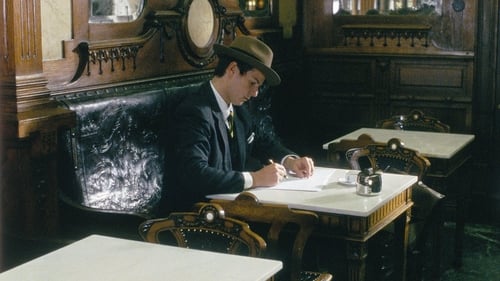
Vamp
Manoel de Oliveira's autobiographical documentary about returning to his hometown.
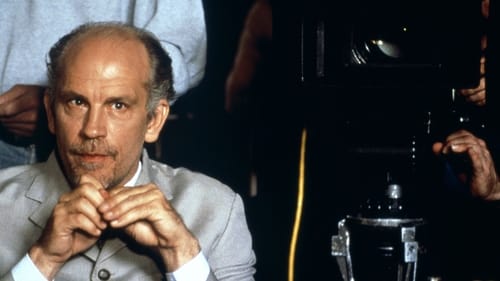
Marie
The comfortable daily routines of aging Parisian actor Gilbert Valence, 76, are suddenly shaken when he learns that his wife, daughter, and son-in-law have been killed in a car crash. Having to take care of his now-orphaned grandson, he struggles to go on with his lifelong acting career like he's used to. But the roles he is offered -- a flashy TV show and a hectic last-minute replacement in an English-language film of Joyce's Ulysses -- finally convince him that it's time to retire.

Queen Christina
The story of Father Antonio Vieira, a 17th-century Portuguese priest who lived in Brazil and worked for better treatment of the Indians and to abolish slavery.

La religieuse
A well-bred, lovely, spiritual, sad young woman marries an attentive physician who loves her. She feels affection but no love. Soon after, without design, she falls in love with Pedro Abrunhosa, a poet and performance artist. He also loves her. She keeps her distance from him, confessing her love to a friend who is a nun and, later, to her husband. Hunger for her love and jealousy consume him; she attends him as he wastes away. With his death, she can marry and express her passion, but what she does and how she explains herself, particularly to her cloistered friend, is at the heart of the film. Glimpses of convent life and of Abrunhosa on stage give contrast and mute comment.

Suzy
An anthology film drama featuring a poetic mirror structure based on existential identity. In "The Immortals," adapted from a Helder Prista Monteiro play, two famous doctors, an 80-year-old father, and his 60-year-old son, contemplate senility and death. "Suzy," from an Antonio Patricio story, is set in the '30s when a young courtesan dies on the operating table. "Mother of the River" is from an Agustina Bessa-Luis fable about eternal life.
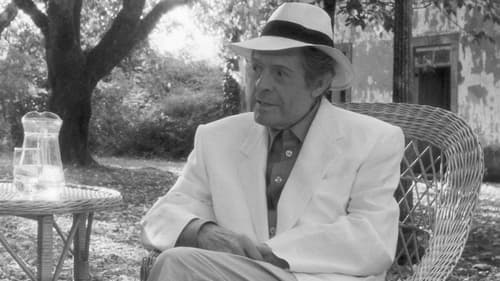
Self
In 1996, Marcello Mastroianni talks about life as an actor. It's an anecdotal and philosophical memoir, moving from topic to topic, fully conscious of a man "of a certain age" looking back. He tells stories about Fellini and De Sica's direction, of using irony in performances, of constantly working (an actor tries to find himself in characters). He's diffident about prizes, celebrates Rome and Paris, salutes Naples and its people. He answers the question, why make bad films; recalls his father and grandfather, carpenters, his mother, deaf in her old age, and his brother, a film editor; he's modest about his looks. In repose, time's swift passage holds Mastroianni inward gaze.

Fanny
A technical problem aboard a transatlantic flight forces a plane to land in Porto Santo, the small island of Madeira's archipelago where, according to a legend, Christopher Columbus the 15th century navigator, lived for a while and entertained a sexual relationship with a widow and her nubile daughter. A girl photo journalist profits to stay the extra-needed days for repair, to visit the island - and eventually she'll become part of complex relationships among some of the secluded people of the island. Also, a yacht lost in the high seas in 1947 reappears from the misty horizon 50 years later - to unite Fanny and João, a contemporary navigator.
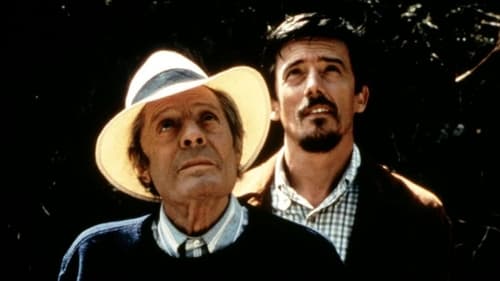
Judite
Manoel is an aging film director who travels with the film crew through Portugal in search of the origins of Afonso, a famous French actor whose father emigrated from Portugal to France and in process remembers his own youth.

Leonor
This French language drama from Portuguese filmmaker Manoel de Oliveira takes an ironic look at the pretentiousness of international jet-setters while simultaneously examining an obsessive romantic relationship between an aging Lothario and a beautiful married woman. The tale begins at a garden party in a lovely villa in the Azores held by Rogerio and Leonor for handsome, middle-aged Michel and his mistress Irene, a noted Greek movie star. The guests aren't there long before an obvious attraction between Leonor and Michel prompts them to head for a private beach (their tryst, if there was one, occurs off-camera). Five years later, the foursome again meet for a garden party and once again they pair off after spending much time discussing gender differences, emotion, social insight and exchanging witty bon mots.
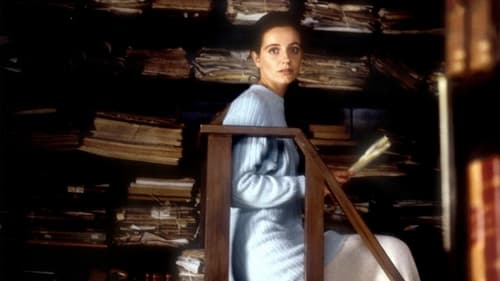
Piedade
The journey of Michael Padovic, an American professor who arrives with his wife, Helene, at a Portuguese convent where he expects to find the documents needed to prove his theory: Shakespeare was born in Spain; not in England.

Black and White Woman
Lisbon, on a winter day in 1994, between six and fourteen o'clock. A forty-year-old woman despairs in the last eight hours preceding the birth of her first child.

Paulo Rocha catches up with his “beloved subject” in Porto, where he made Douro, Faina Fluvial in 1929, and where today Oliveira reminisces about the figure of his father, his first experience of cinema as an actor, his past as a racing driver, his first technical experiences…
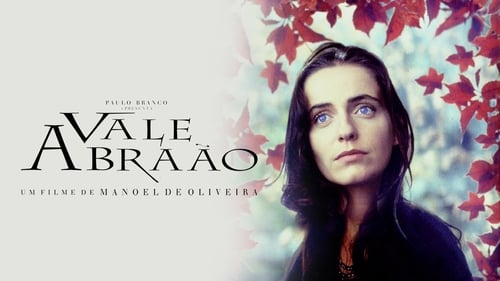
Ema Cardeano Paiva
Ema is a very attractive but innocent girl, so pretty that cars crash in her presence. Young marries Dr. Carlos Paiva, a father's friend, to whom she is not attracted. They move to the Valley of Abraham. Carlos loves her, but decides to sleep in a separate room to avoid waking Ema when he has to return late at night. With time she begins to feel unhappy about her marriage, so she finds a lover.

This Portuguese movie directed by João Botelho, is part of The Four Elements series. This is the second episode, The Air.
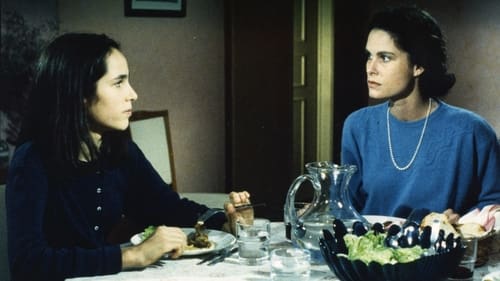
Leonor
Redheaded twins Armando and Beatriz always dreamed of being firefighters but during a rainy, uneventful winter they find themselves spending less time putting out infernos than they do helping neighbors who’ve locked themselves out of their apartments. This is how Armando meets a pretty young woman with whom he begins a tentative courtship. But soon a rift grows between the siblings and, spurred by Armando’s exaggerated stories about his nascent relationship, Beatriz begins experiencing aural hallucinations that can only be remedied through music and, finally, the love of a stranger. Pinto made this impassioned fairy tale as part of a series of films about the four elements. - FilmLinc

Amazona
Ofelia is the daughter of photographer Miguel and of deceased circus artist Lea. When her father is hospitalised with a nervous breakdown, she decides to find out the reason and in doing so discovers the truth about the relationship between her parents and the true fate of her mother.
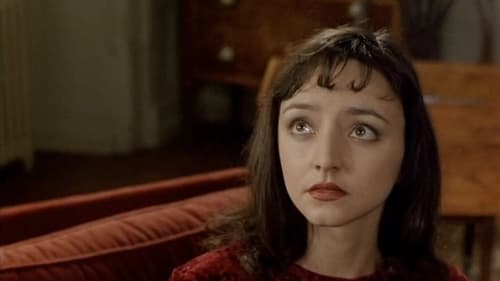
Eva
In a mental institution the patients see themselves as people like Jesus, Lázaro, Marta, Maria, Adão, Eve, Sonia, Raskolnikov, Aliosha e Ivan Karamasov, a Philosopher, a Profet, Santa Teresa d'Avila, reciting the Divine Comedy.
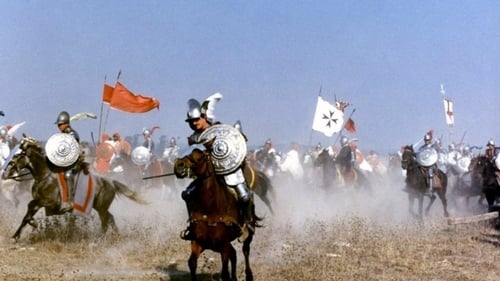
Tethys
Episodes from entire military history of Portugal are told through flashbacks as a professorish soldier recounts them while marching through a Portuguese African colony in 1973.
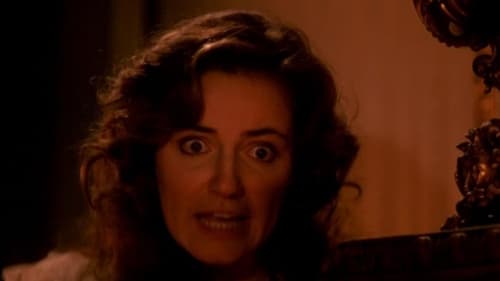
Margarida
This odd film is a major representative of an even odder film genre: direct-to-celluloid opera. It was commissioned by the Portuguese master of style, director Manoel de Oliveira from composer João Paes. Musically, it ranges from 19th-century romanticism to popular, modernist and even "post-modernist" styles. In the initially tame story, a host-narrator tells the story of a wedding between the two lovebirds: Viscount d'Aveleda and the beautiful Marguerite. However, what happens in the bridal chamber is incredibly bizarre. The events after that are even stranger (the film out-does even Luis Buñuel in that department), and the wedding guests and family indulge in cannibalism, among other perversions.
























